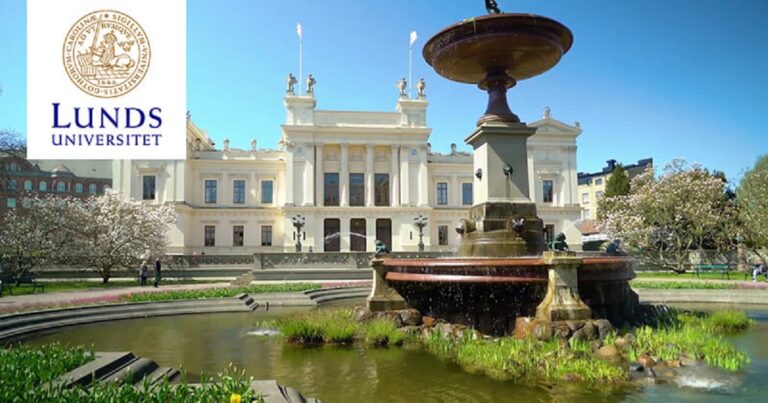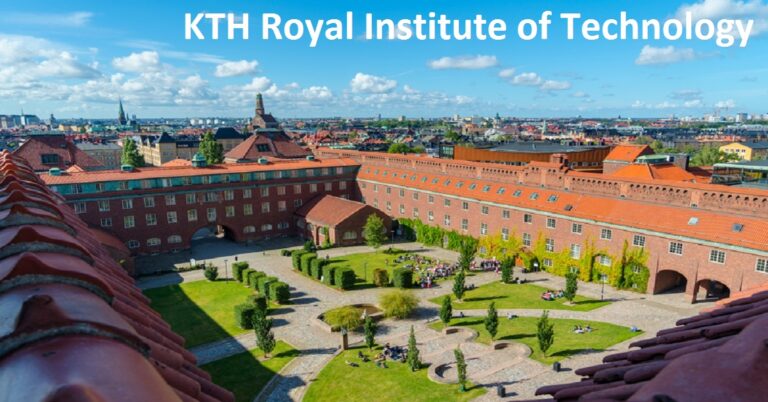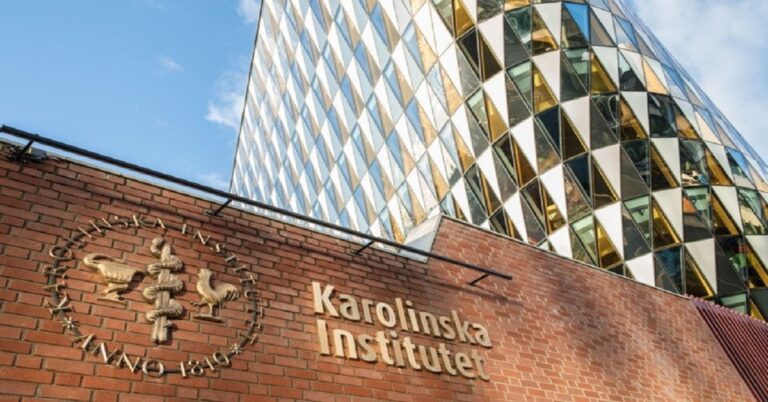
How Are Scholarships a Source of Income?
Scholarships = free money to pay for:
- Tuition fees
- Accommodation
- Living expenses
- Books, travel, visa costs
Unlike loans, you don’t repay a scholarship. If you win a fully funded scholarship, you can cover your entire education plus living costs, which frees you to focus fully on studying, building skills, or doing research instead of working low-paid jobs.
✅ Examples of How Students Use Scholarships as Income
🔹 Fully funded PhD or Master’s scholarships (like DAAD, Chevening, Erasmus) pay monthly stipends — often $1,000–$2,500 per month. This is literally your income for 1–4 years.
🔹 Some scholarships allow side work — e.g., research assistant, conference speaker — boosting income.
🔹 Travel grants & fellowships pay for trips, housing, and sometimes daily allowances — extra income for fieldwork, conferences, or short programs.
🎓 2️⃣ Realistic Example
- A student on a DAAD Scholarship in Germany might get ~€850/month for a Master’s → covers rent, food, health insurance.
- A PhD student in the UK on a Commonwealth Scholarship might get ~£1,400–£1,800/month stipend → a real living wage.
- Some scholarships offer research assistantships or teaching roles → you earn an extra $500–$1,000/month.
✅ 3️⃣ The Real Benefit
A good scholarship = financial freedom.
- You don’t need a side job flipping burgers while studying.
- You can focus on research, internships, language skills — all of which help your future income.
- You can save some stipend money for travel or family back home.
📌 4️⃣ Common Misunderstandings
❌ Scholarships ≠ passive income forever.
They’re temporary — when your program ends, so does the money.
❌ Scholarships ≠ salary from an employer.
They are financial support — but they feel like a salary because you get a monthly stipend.
✅ 5️⃣ Smart Ways to Use Scholarships to Build Real Income Later
✔️ Use your scholarship period to gain valuable skills (research, writing, languages, networking).
✔️ Publish papers, present at conferences — boost your CV.
✔️ Build side projects: blog about your experience, help others apply (some students earn from YouTube or courses about “How to Win Scholarships”).
✔️ Some students turn their knowledge into paid workshops, coaching, or guides later — this becomes real income.
✅ 6️⃣ Can You Combine a Scholarship with Part-Time Work?
Many programs allow part-time work (like student jobs or assistantships).
Example:
- Erasmus Mundus students can work part-time in the host country (hours limited by visa rules).
- In Germany, DAAD students often work as research or lab assistants.
- In the UK, Chevening students cannot work full-time but can do short, relevant paid work with permission.
🎯 Key Takeaway
✔️ Scholarships are not passive “income streams” like a business.
✔️ They are financial lifelines that cover all living costs so you don’t need a loan or part-time hustle.
✔️ Smart students use scholarships to build skills + networks + reputation → which leads to better jobs and real income later.
✅ Pro Tip
Students often teach others how to win scholarships — YouTubers, bloggers, and Telegram channel owners earn real money by:
- Selling guides and templates
- Offering 1:1 coaching or editing services
- Promoting relevant affiliate products (like IELTS prep)
So while the scholarship itself isn’t a business, your experience with it can become one.



